Master´s degree
Objectives
- For the student, through the generation of a theologically relevant thesis, to be able to apply the research methods, and the theological contents of a specific area, using critical thinking.
- To introduce the students to different theology research methods.
- To deepen the contents of a specific area of theology.
- To develop the critical spirit to address the challenges of the current world from the theological discipline.
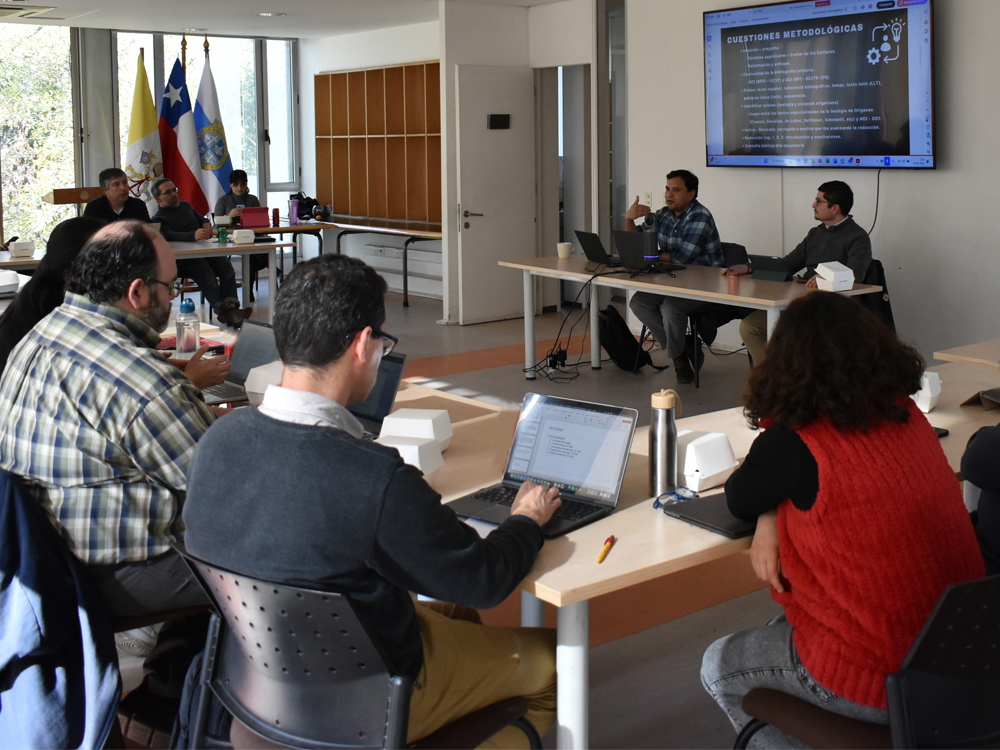
Granted Degree:
Master's in theology / Civil degree
Bachelor in theology / Canonical degree
Teaching day hours:
Daytime: Between 8:30 and 16:50, two days a week, Monday to Friday.
Cost of the program:
Yearly tuition*: $4.794.000
Admission fee: $85.000
Duration of the Program:
Courses or seminars, including thesis work, are a four-semester program with full dedication, nevertheless, considering students' particular conditions, the program also has the flexibility for partial dedication.
To obtain this degree, the student needs to finish and pass the thesis and final examination (Master's).
The graduated student from the Master's Degree in Theology program must be able to perform research with the methods of the discipline and the mastery in a theological discipline area. For this, it is necessary to have a comprehensive vision of theology and an insight into a specific area, competency to access sources, especially Writing and Tradition, hermeneutical capacity to analyze texts, and critical and systematic thinking to generate theological thinking of their own, from an ecclesiastic identity, that contributes to theologically respond to the challenges of the current world and evangelization.
Students that graduate from this program are enabled to teach Theology in Higher education centers (Diocesan seminaries, Religion teaching programs, General education courses), and they are prepared to follow their studies with a Doctorate in Theology.
Dogmatic or Systematic Theology reflects on the truths of faith, looking for the internal coherence and the link that brings together the different affirmations of the revelation. On the other hand, it focuses on describing the historical development of the comprehension of the Christian revelation, as perceived on the live tradition of the Church.
Patristic Theology studies the privileged time of the great theologists and pastors of the Ancient Church, prominent witnesses of tradition, that fulfilled the task of understanding the revelation in the Greek and Latin cultures. The purpose of Patristic Theology is to historically understand the developments of the contents of the Christian revelation. And, lastly,
Fundamental Theology reflects on the credibility of the Christian message and the fundaments of theology as a science. Therefore, it aims to address the questions and challenges posed by current culture to the Christian faith and its hope, also incorporating a moment of self-criticism of the Church.
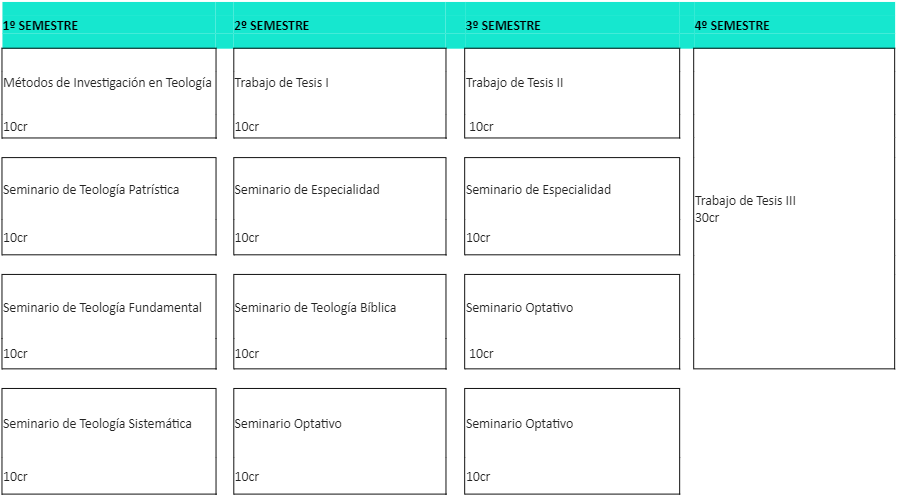
| MIN | 40 | 30 | 20 | 30 | 120 | |||
| OPT | 0 | 10 | 20 | 30 | ||||
| TOTAL | 40 | 40 | 40 | 30 | 150 |
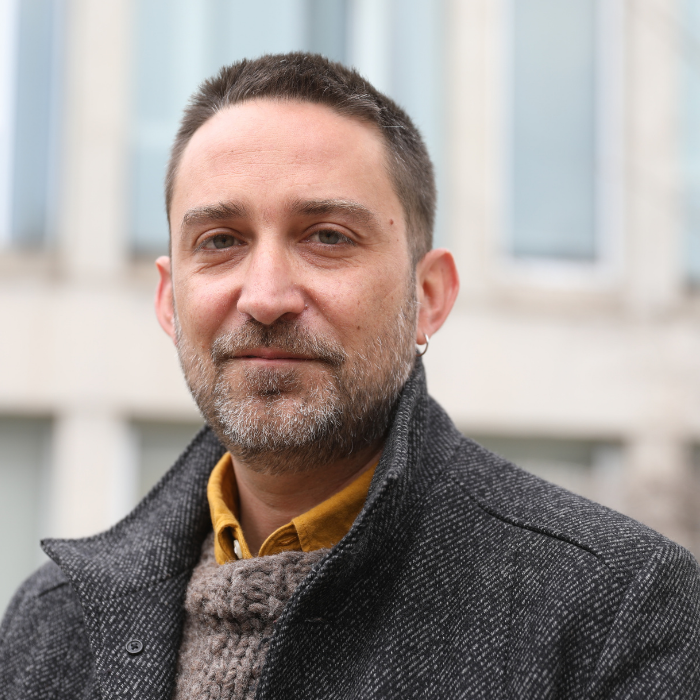
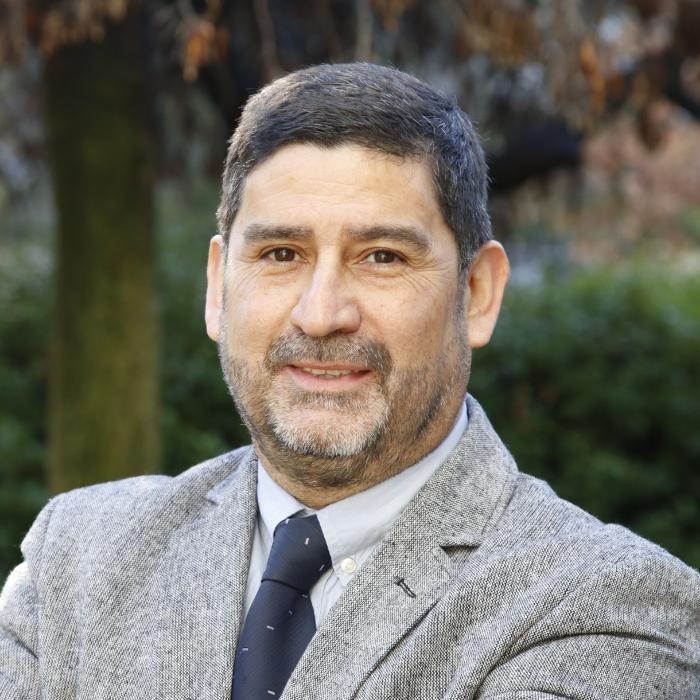
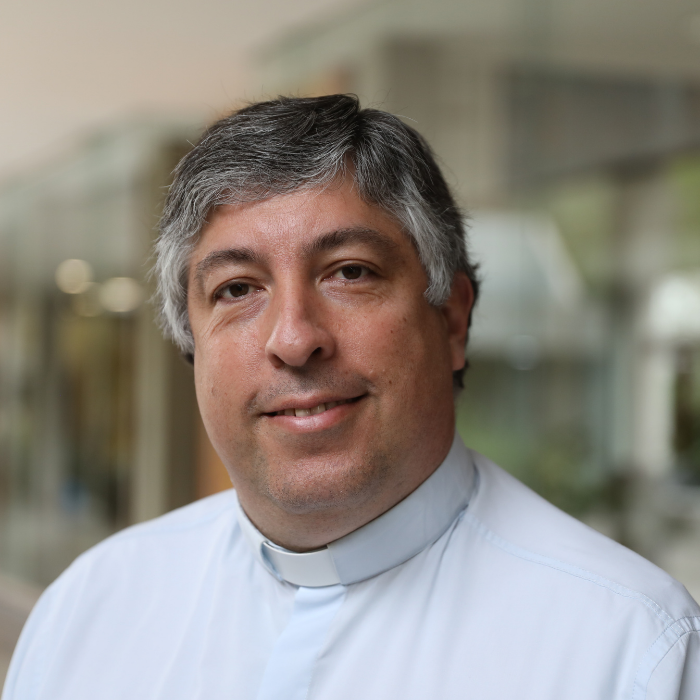

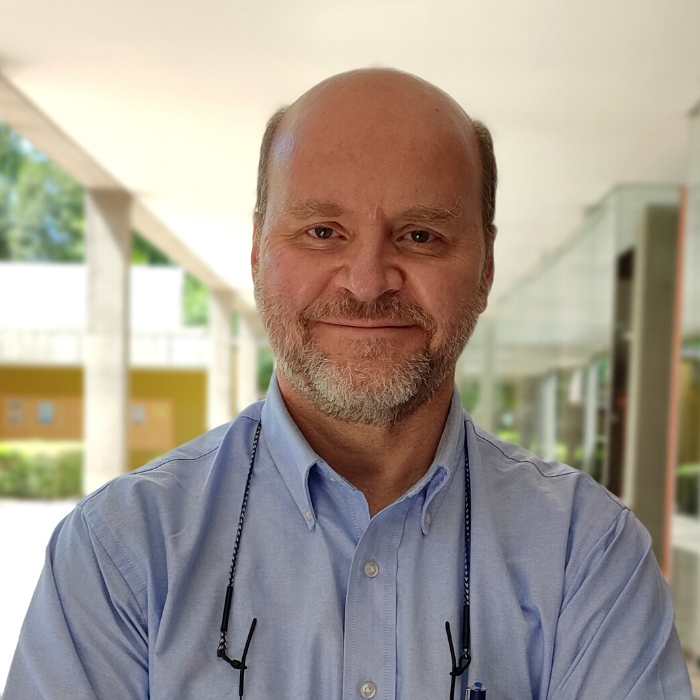

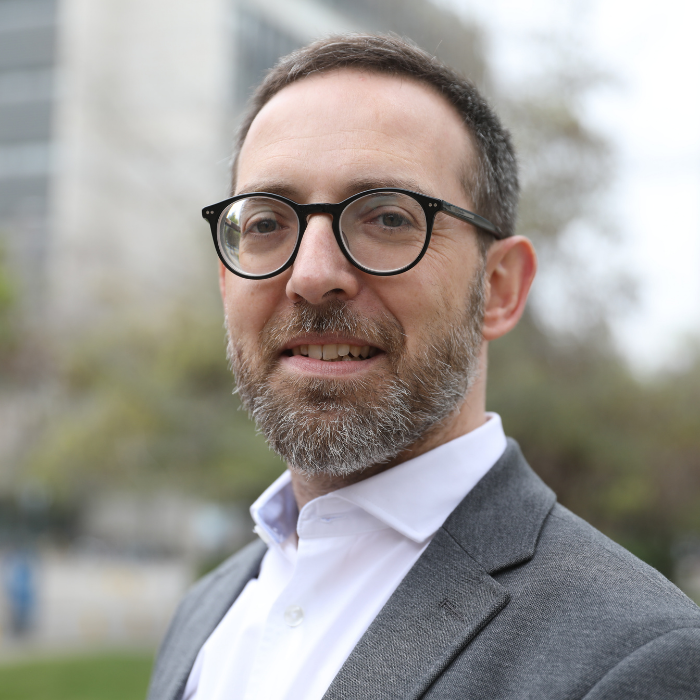
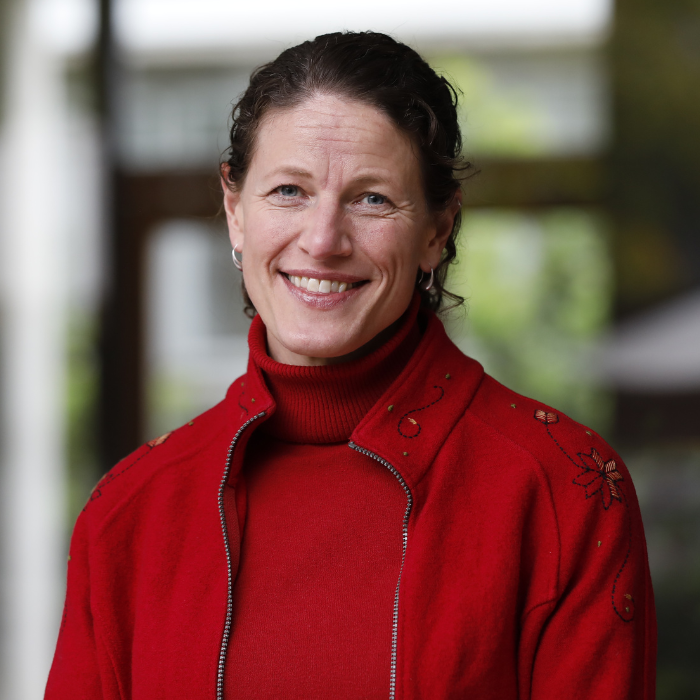
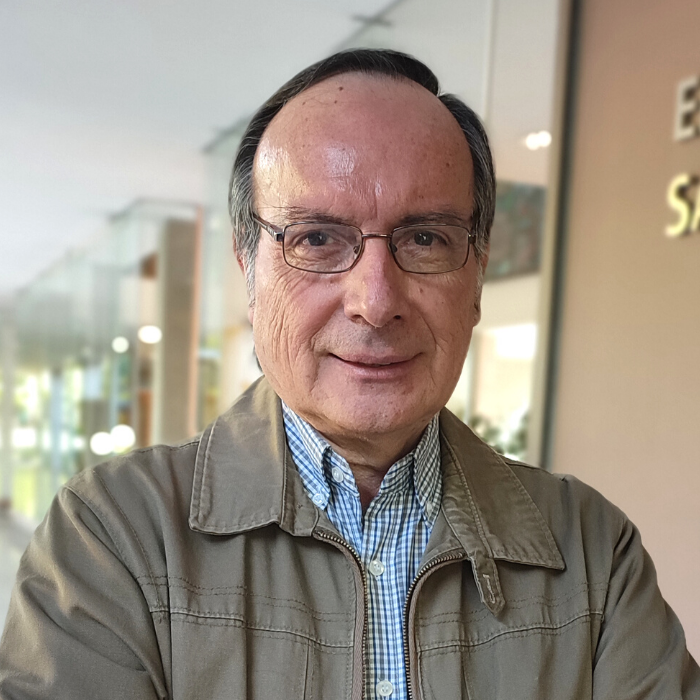
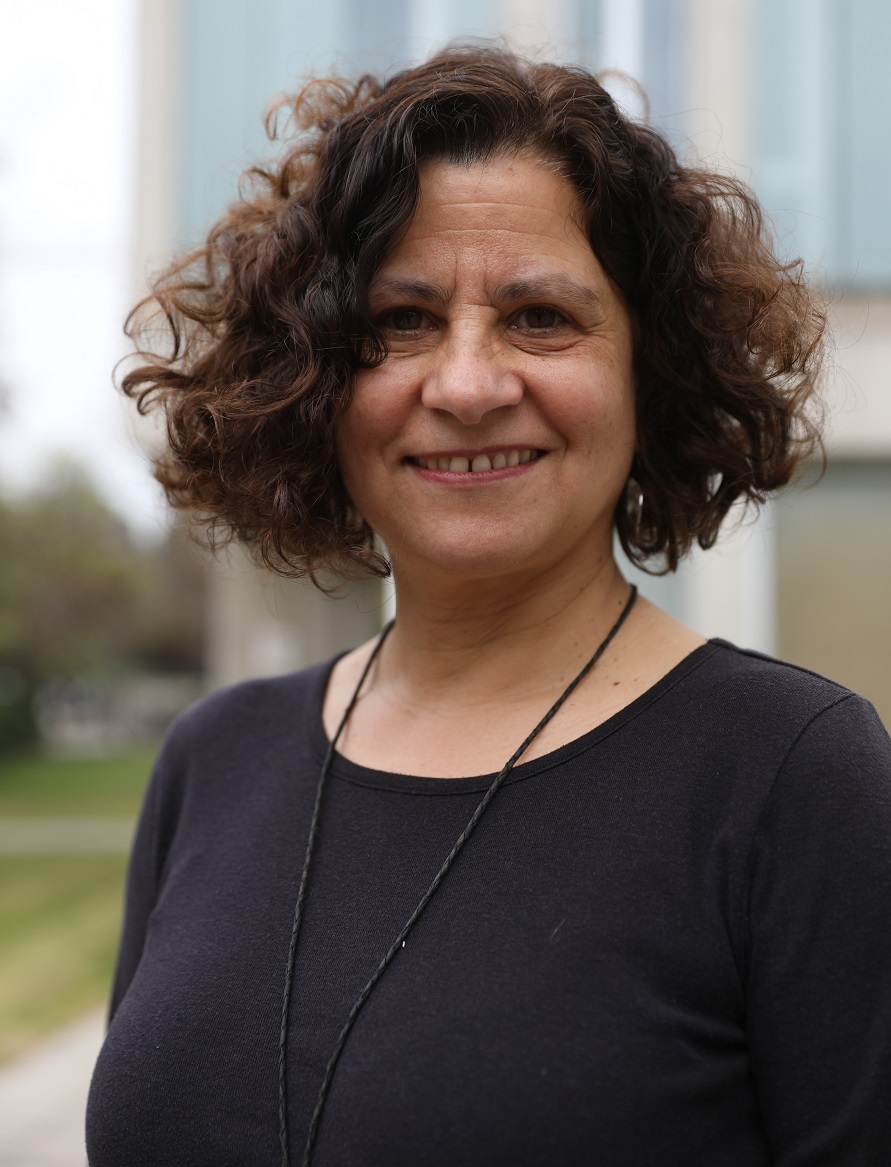
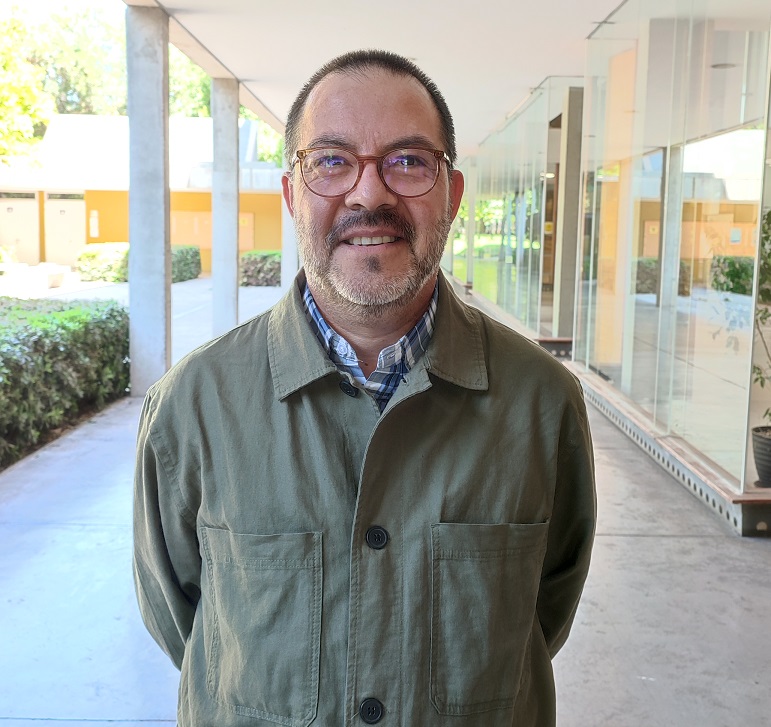
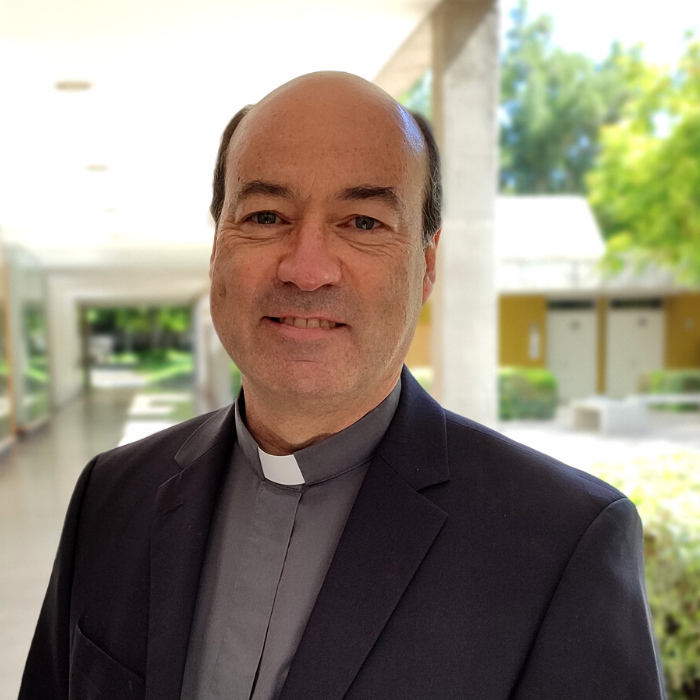
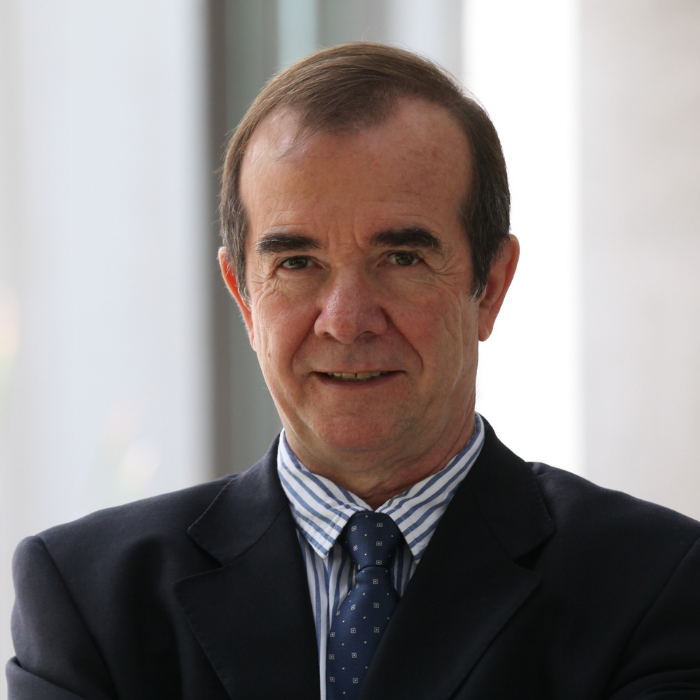
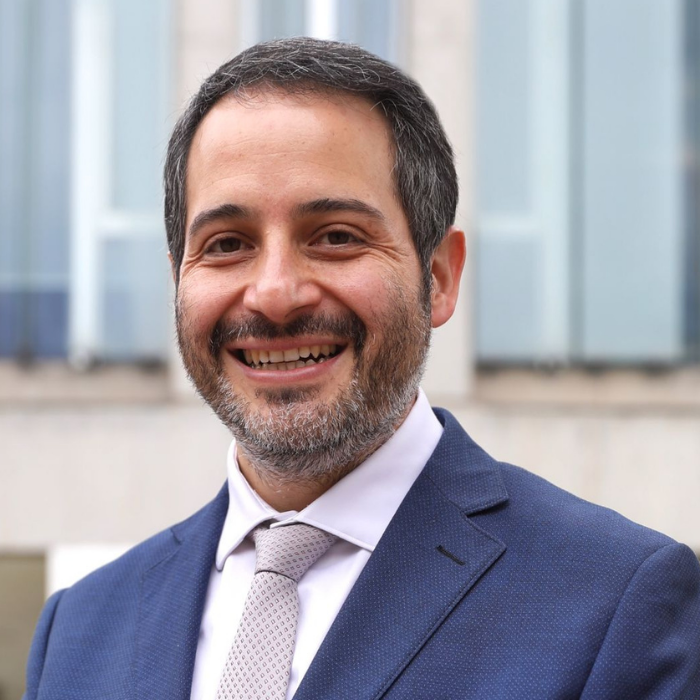
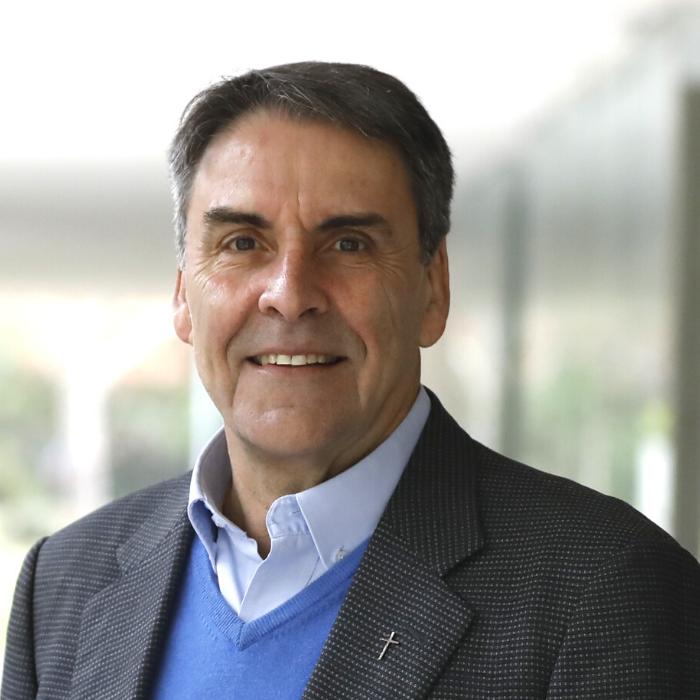
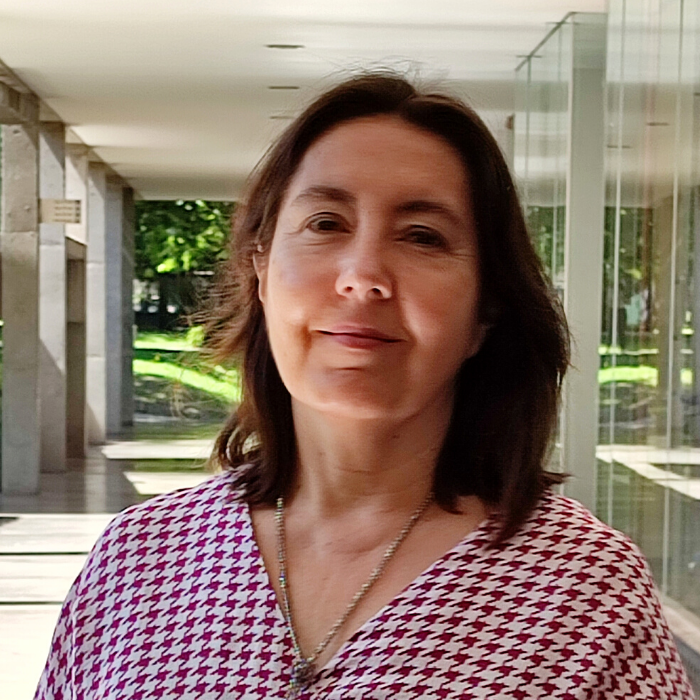
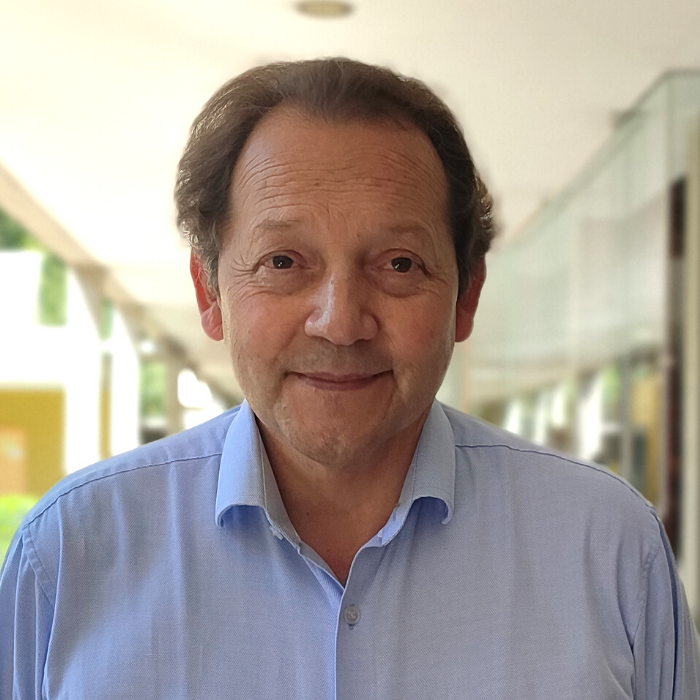
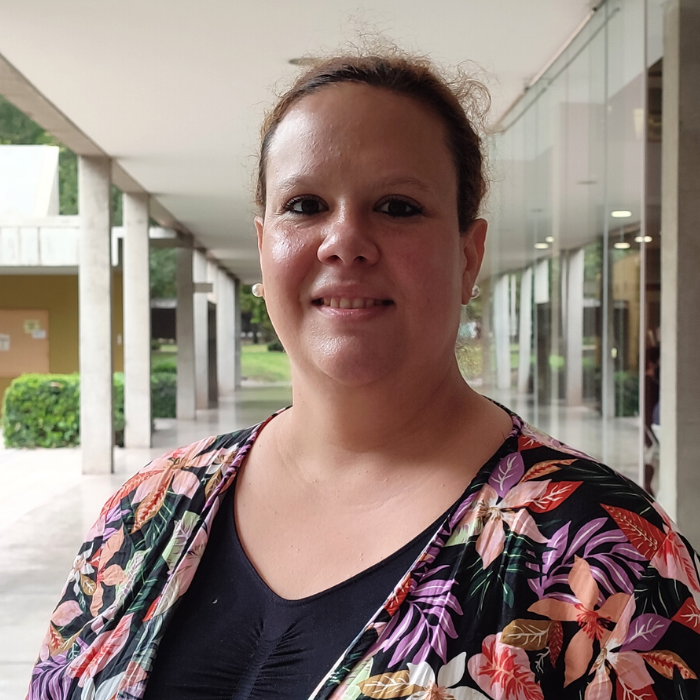

Admission
- First semester: between September and January of each year.
- Second semester: between April and July of each year.
- Having approved the Canonical Baccalaureate in Theology with good grades.
- Mastery in languages enough to read two modern languages among English, French, German, and Italian; as well as the Magisterium Latin, and the New Testament Greek. They may be accepted with mastery in one language, but they must acquire the mastery of the other three before the second year.
- Should the applicant not have a Bachelor's degree, but have studied similar courses, they must take and pass the examination for the Canonical Baccalaureate in Theology of this Faculty.
Regulations
Accreditation

Contact
Consultations and application processes, María-Paz Fuentes
Postgraduate Director: Fernando Verdugo